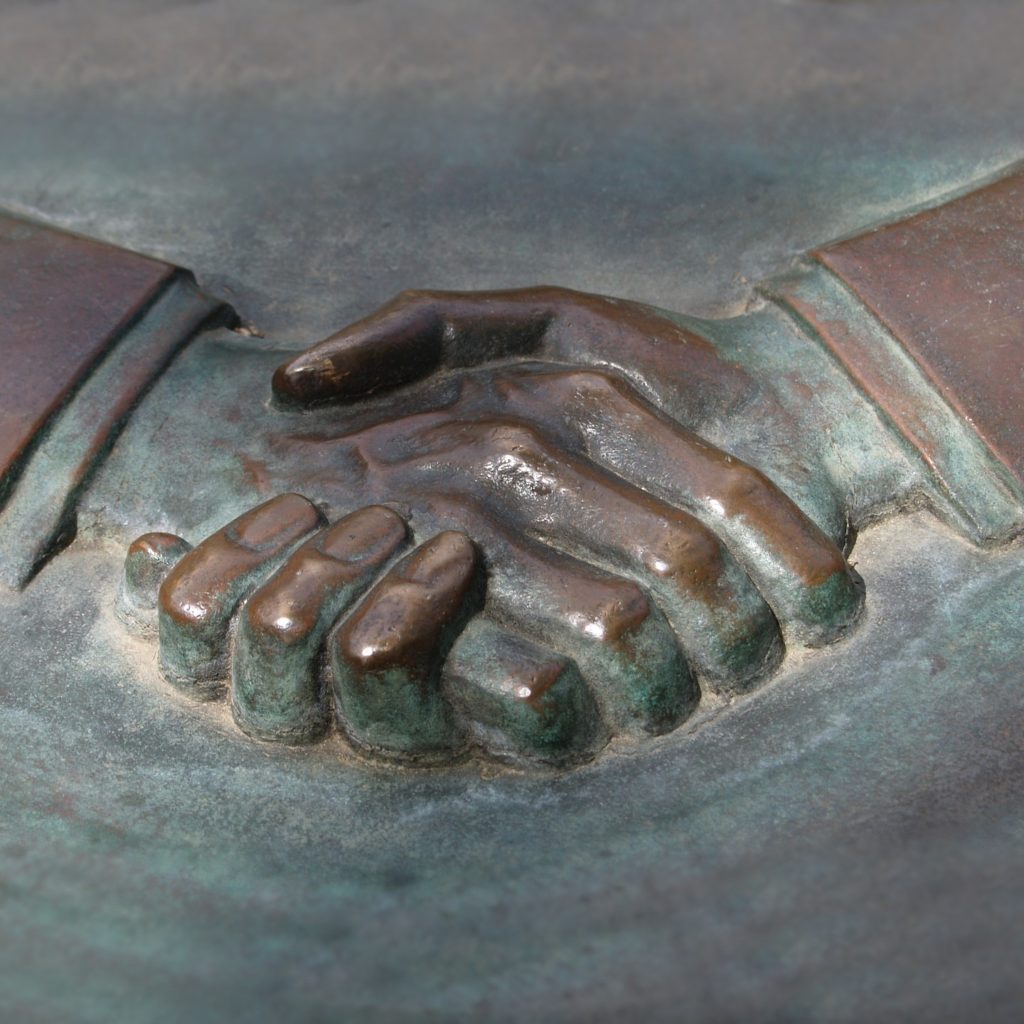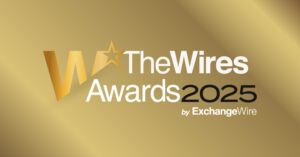Are Brand Partnerships the Answer to an Increasingly "Ad-less" World?
by Mathew Broughton on 20th Apr 2021 in News

In this article written exclusively for ExchangeWire, Lawrence Dodds, Client Director at UM London, discusses why agencies should be embracing strategic brand partnerships to complement media campaigns and ensure consumer attention in an increasingly digitised advertising environment.
Digital acceleration has ensured that consumers have more options than ever, as a myriad of services and media channels compete for share of time. It is clear that this is having an impact on the attention spans of audiences, as more information being fed to consumers reduces recall. Ad blockers add fuel to the fire, as consumers become wary of ads and make use of the technology. And the rise of ad free environments, such as Netflix and Spotify (premium), also fan the flames in limiting the ability of advertisers to reach key audiences.
Strategic partnerships are an opportunity for advertisers to cut straight through to consumers. Such partnerships provide brands with unique ways of reaching audiences and allow advertisers to free themselves of the constraints of standardised formats. This in turn allows them to access areas that traditionally shun advertising budgets.
In fact, brand partnerships go beyond media campaigns, as research by Forrester shows that 76% of companies agree that strategic partnerships are key to delivering growth, and that 52% of companies have used these partnerships to generate over 20% of their revenue.
Nowhere is this more obvious than in the fashion industry, which in recent years has become a brand partnership hotbed, as fashion brands consistently collaborate to launch new collections and reach new consumers. Balenciaga has previously partnered with the World Food Programme to produce charity merchandise, whilst brands like Supreme have only established themselves through a consistent partnership approach.

Lawrence Dodds, Client Director, UM London
We have even seen successful partnerships allow brands to access the rapidly growing Esports world. Verizon recently partnered with World of Warships to offer customers in-game loot worth $75USD, and even exclusive ships. Verizon took this even further, hosting tournaments and ensuring the participation of leading Esports teams. The connection is clear; the link between mobile gaming and telecommunications is strong. Verizon are using this partnership to increase their credibility in this space. With data options becoming limited brand partnerships offer new ways to harness the power of context.
Closer to home, Virgin Media have partnered with Google to add smart home devices to their subscriptions. Customers across Cardiff, Manchester and Sheffield can enter the scheme with support from a specialised team. What is interesting about this partnership is that Virgin is actively distributing Google products by leveraging their equity, while driving up the number of Google households. Both brands are building their own ecosystems through mutual benefit.
Traditionally brand partnerships have usually been left to marketeers as the ultimate brand guardians. There is a case to be made that agencies should be looking after more of these agreements and proposing them as part of a communications response. It makes sense when partnerships offer an opportunity to deliver on communications objectives and can help agencies in their role of ensuring frictionless journeys across a range of touchpoints.
The advantage to agencies is clear; they should see this as an opportunity to further diversify their services. By looking longer-term and managing deeper brand-to-brand relationships, agencies can develop stronger client relationships that endure.
Agencies will need to go beyond standard opportunities and negotiate tailor-made partnerships that create value for consumers. Such opportunities can take considerable time to negotiate with partners but are ultimately an opportunity to cut through the clutter.
It is not an easy journey, and driving up the number of brand partnerships will not come without its hurdles. Convincing finance directors who are increasingly focused on short-term ROI of the need for longer term brand partnerships will be hard and involve a lot of work from all sides.
To develop successful brand partnerships, agencies will need a solid understanding of both brands’ characteristics. Understanding the brand psychology or archetypes is key to this. Brands with similar personalities could work together, or alternatively brands wishing to develop their personas into new areas could leverage the equity of the other partner.
Agencies could help their clients broaden their own product offering using partnerships, or even deliver on a brand promise. Traditional FMCG brands that grace the shelves of supermarkets could significantly develop their digital experiences through carefully targeted partnerships with brands. Imagine if Radox partnered with Calm to offer relaxation music alongside an indulgent bath.
As brands look to find a way of breaking through a noisy and overwhelmed marketplace, brand partnerships offer an often creative and impactful way of doing so. One thing is for sure, and that is that brand partnerships are on the rise and agencies should be leading the way.








Follow ExchangeWire